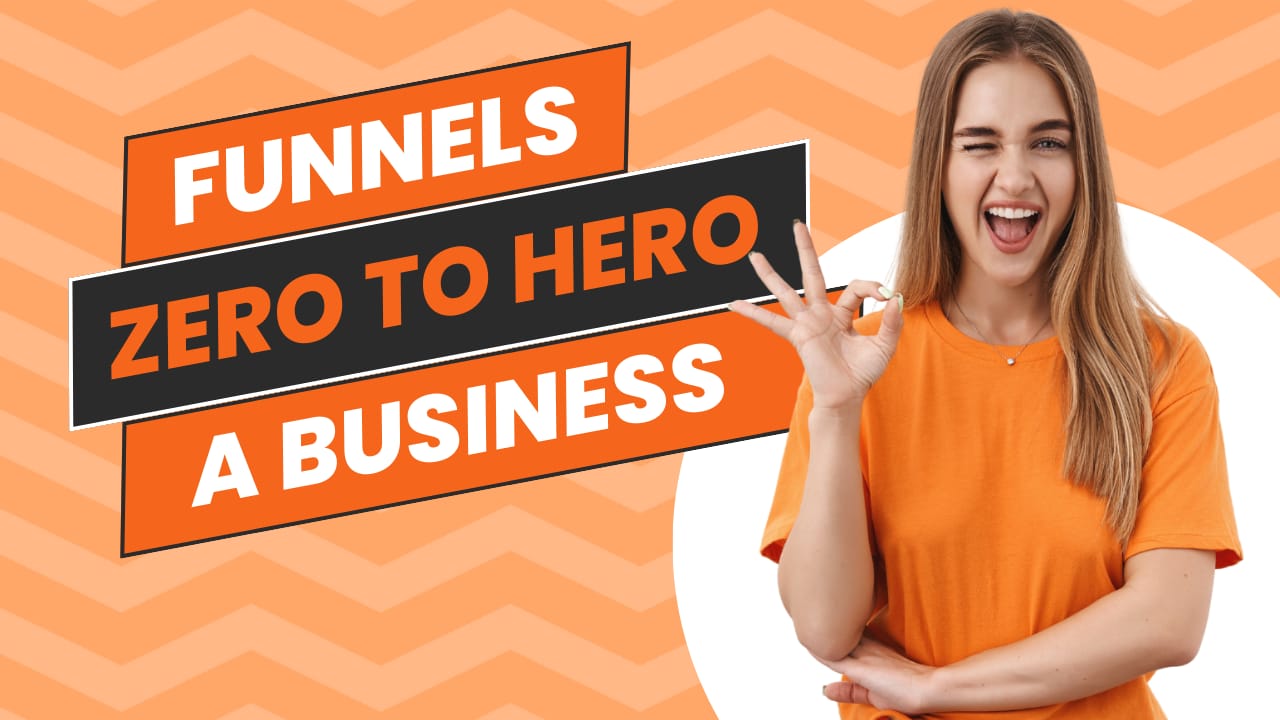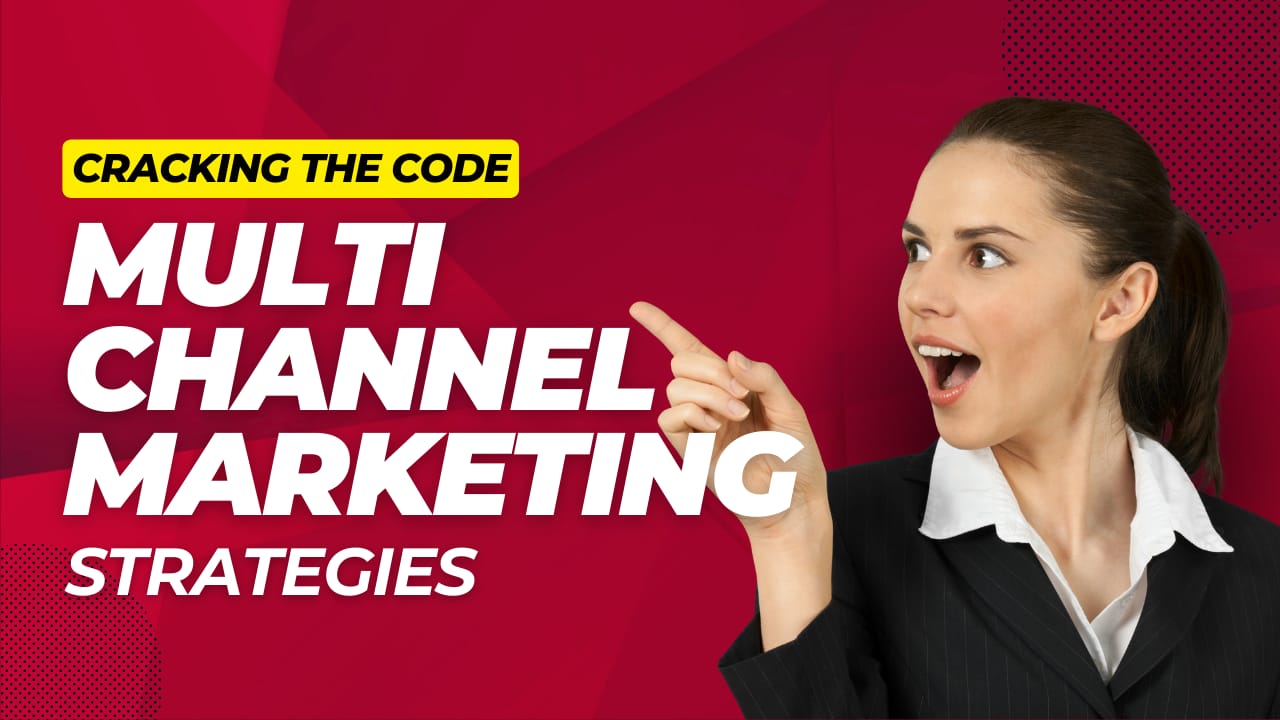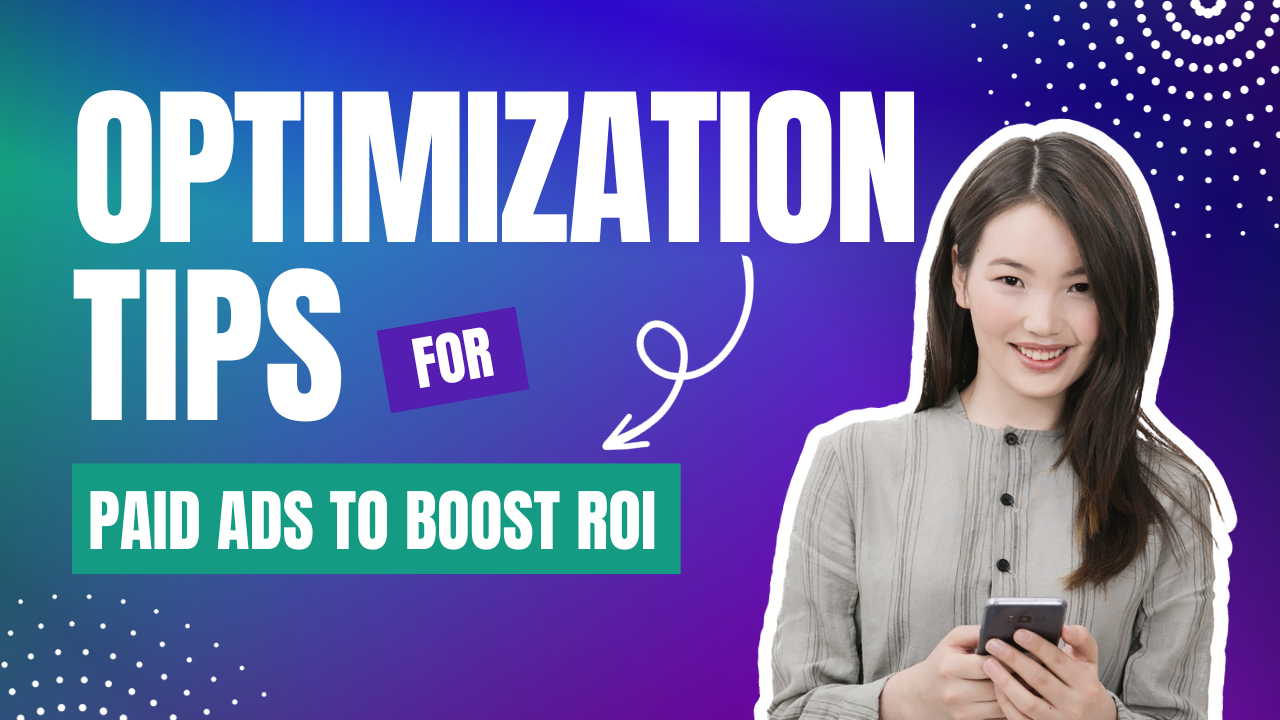- admin
- funnel, Marketing, marketing 101, sales funnel
- 0 Comments
- 617 Views
In today’s competitive business landscape, it is crucial to have effective strategies in place that can elevate your business from obscurity to prominence. One such strategy that has gained significant traction in recent years is the use of sales funnels. By implementing well-structured funnels, businesses can streamline their marketing efforts, convert leads into paying customers, and ultimately achieve remarkable success. In this article, we will explore how funnels can be the driving force behind your business’s journey from zero to hero.
Understanding the Power of Funnels
Before we delve deeper, let’s clarify what a funnel is in the context of marketing. A funnel represents the customer journey, from the initial point of contact to the final purchase. It consists of several stages, including awareness, interest, consideration, and decision. Each stage of the funnel plays a crucial role in guiding potential customers towards making a purchase.
Building Awareness and Attracting Leads
The first stage of a successful funnel is creating awareness about your business and attracting potential leads. This can be achieved through various marketing channels, such as social media, content marketing, search engine optimization (SEO), and advertising. By employing keyword-rich content, optimising your website for search engines, and utilising social media platforms, you can generate organic traffic and expand your customer base.
Capturing Interest and Nurturing Leads
Once you have attracted leads, the next step is to capture their interest and nurture them towards becoming paying customers. This involves providing valuable content, engaging with your audience through email marketing, and offering incentives such as free trials or exclusive discounts. By consistently delivering relevant and engaging content, you can establish trust and credibility, ultimately increasing the chances of conversion.
Encouraging Consideration and Driving Conversions
At the consideration stage, potential customers evaluate your offerings and compare them with competitors. It is essential to showcase the unique value proposition of your products or services and address any concerns or objections they may have. Utilise persuasive copywriting techniques, customer testimonials, and case studies to convince prospects to choose your business over others. By providing a seamless and user-friendly purchasing process, you can drive conversions and turn leads into satisfied customers.
Retaining Customers and Promoting Loyalty
While conversions are undoubtedly important, the journey doesn’t end there. To ensure long-term success, it is vital to focus on customer retention and fostering loyalty. Implement strategies such as personalised email campaigns, loyalty programs, and excellent customer service to create a positive customer experience. Satisfied customers are more likely to become brand advocates, referring your business to others and contributing to its growth.
Conclusion
In conclusion, sales funnels have emerged as a game-changer for businesses aiming to achieve exponential growth. By understanding the power of funnels and implementing them strategically, you can effectively guide potential customers through each stage of the buying process. From building awareness to driving conversions and fostering loyalty, funnels offer a systematic approach to maximising your business’s success. Embrace the power of funnels and witness your business transform from zero to hero in the competitive marketplace.
Remember, it’s not just about knowing the general rules of SEO; it’s about utilising the potential of well-crafted content and the strategic implementation of sales funnels to outrank your competitors and propel your business towards unparalleled success.
FAQ
Q1: What exactly is a sales funnel?
A sales funnel is a marketing strategy that outlines the customer journey from initial contact to final purchase. It consists of different stages, such as awareness, interest, consideration, and decision, aimed at guiding potential customers towards making a purchase.
Q2: How can sales funnels benefit my business?
Sales funnels can benefit your business in several ways. They help streamline your marketing efforts, increase lead conversion rates, improve customer engagement, and ultimately boost sales and revenue. By guiding potential customers through each stage of the funnel, you can effectively nurture them towards becoming paying customers.
Q3: Are sales funnels only applicable to online businesses?
No, sales funnels can be utilised by both online and offline businesses. While online businesses often leverage digital marketing channels, such as social media and email marketing, offline businesses can adapt sales funnels to their specific needs. For example, a brick-and-mortar store can use in-store promotions and personalised customer interactions to guide potential customers through the funnel.
Q4: Do I need technical skills to create a sales funnel?
While having technical skills can be helpful, it is not necessary to create a sales funnel. There are various tools and platforms available that offer easy-to-use templates and drag-and-drop functionality, allowing businesses to create effective funnels without extensive technical knowledge. Alternatively, you can hire a professional marketer or agency to assist you in building and optimising your sales funnel.
Q5: How long does it take to see results from a sales funnel?
The time it takes to see results from a sales funnel can vary depending on various factors, including your industry, target audience, and the effectiveness of your funnel. In some cases, businesses may start seeing positive results within a few weeks, while for others, it may take several months. Consistently monitoring and optimising your funnel can help accelerate the results and improve its overall performance.
Q6: Can I customise a sales funnel to fit my business needs?
Absolutely! One of the key advantages of sales funnels is their flexibility and adaptability. You can customise a sales funnel to align with your specific business goals, target audience, and industry. From the design and messaging to the types of content and offers you provide, tailoring your funnel ensures it effectively represents your brand and resonates with your customers.
Q7: Are sales funnels a one-time setup or an ongoing process?
Sales funnels are an ongoing process rather than a one-time setup. To maximise their effectiveness, it is important to continuously monitor and optimise your funnel. Analyse the performance of each stage, test different strategies and elements, and make data-driven adjustments to enhance conversions and overall results. A well-maintained and optimised sales funnel can significantly contribute to your business’s long-term success.
Q8: Can sales funnels work for businesses of all sizes?
Yes, sales funnels can work for businesses of all sizes, from small startups to large enterprises. The key is to tailor the funnel to your specific business needs, target audience, and available resources. Even small businesses can benefit from implementing a well-designed sales funnel to attract leads, nurture them, and convert them into paying customers.
Q9: Are there any alternatives to sales funnels?
While sales funnels have proven to be highly effective, there are alternative marketing strategies that businesses can explore. Some alternatives include customer journey mapping, marketing automation, and customer relationship management





